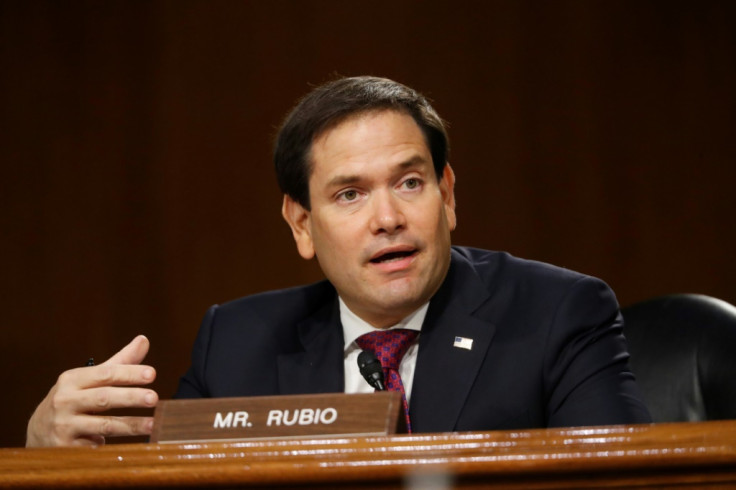
Florida senator Marco Rubio said he support's the state's controversial six-week abortion ban, a contrast with presumptive Republican presidential nominee Donald Trump.
"I don't want to impose anything on anyone, but I err on the side of supporting the life of unborn human lives. People then have to answer to voters," said Rubio in an interview with NBC News, who is reportedly one of the potential vice presidential picks for Trump's Republican ticket.
The stance contrasts with Trump's opinion, who called the ban a "terrible mistake" and that of different demographics in the state.
A recent study by Lake Research Partners and HIT Strategies, and commissioned by Intersections of Our Lives, a coalition of three reproductive rights organizations, showed that seven out of ten Latina, Black, and Asian American and Pacific Islander women living in Florida support abortion access and say 2024 elections in the U.S. will be "extremely important."
The findings say "Solid majorities of Black, Latina/x, and Asian American and Pacific Islander women say the 2024 election is extremely important, and nearly nine in ten say it is extremely or very important." Among Floridian women of color, 71% said November elections are "extremely important."
The study also shows that women of color in the Sunshine State are "very motivated" to vote in November (65%), a higher percentage than in Georgia (58%), Texas (57%) and Virginia (52%).
In Florida, the main reason for supporting a candidate was shared "values" (20%), closely followed by feelings about how politics will affect their lives (19%) and a need for change (also 19%), as per the results of the survey.
Moreover, another survey by Generation Lab showed that about half of young adults say they would not choose to live in a state that passes abortion restrictions and are ready to turn down job offers in places where bans are already in place.
The results of the study, titled "Youth & Current Affairs in the USA", were based on a survey of 1,033 people aged 18-34 nationwide. Only 17% of respondents said they would "definitely" live in a state with bans, signaling a clear position against abortion, while 21% answered that they would "probably" do so.
In contrast, over six in ten respondents said they would "probably" (32%) or "definitely" (30%) avoid staying or living in states that ban abortions, according to the findings. However, this view would change to some extent if a job position of interest were to arise.
Since the Supreme Court's Dobbs decision in 2022, which overturned Roe v. Wade and transferred decisions about abortion access to the states, 21 states have either banned or restricted access to the procedure, while three others have blocked bans pending court decisions. Florida will vote in November whether enshrine abortion rights in the state constitution.
© 2025 Latin Times. All rights reserved. Do not reproduce without permission.





